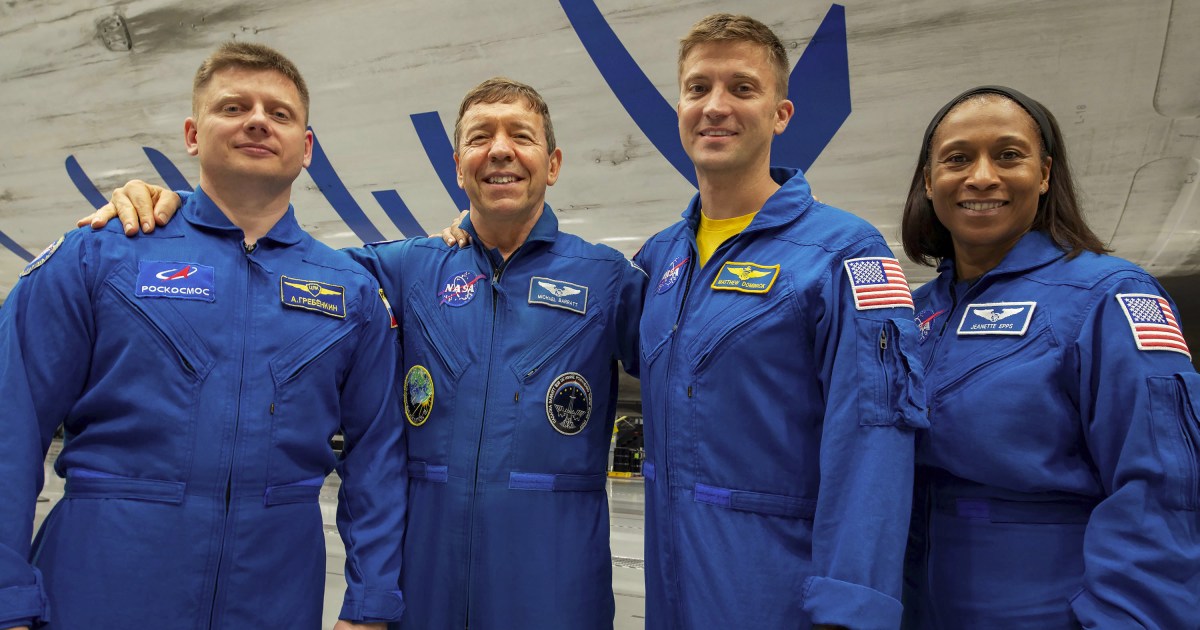Three NASA astronauts who recently returned from the International Space Station (ISS) have said that they are in good health but have declined to discuss the medical issue that required them to be diverted to a hospital following their return to Earth. The astronauts, who were part of the Crew-8 mission, landed on October 25 and were taken for routine medical checkups, after which the crew was taken to the Ascension Sacred Heart Pensacola hospital for further evaluations, and one member was hospitalized.
NASA has not shared which of the crew, which included Roscosmos cosmonaut Alexander Grebenkin as well as NASA astronauts Michael Barratt, Matthew Dominick, and Jeanette Epps, was hospitalized or why. However, the agency did state that the reentry and splashdown process of their spacecraft was normal and that the affected crew member was released from the hospital the next day in good health.
Speaking to the press on Friday, November 8, Barratt said that they would not be discussing the incident in detail due to medical privacy. “Spaceflight is still something we don’t fully understand. We’re finding things we didn’t expect sometimes, and this was one of those times,” he said. “We’re still piecing things together on this, and so to maintain medical privacy and to let our processes go forward in an orderly manner, this is all we’re going to say about this event at this time.”
He added that information about the incident would be made available in future: “I’m a medical doctor. Space medicine is my passion. And how we adapt, and how we experience human space flight, is something we all take very seriously. In the fullness of time, we will allow this to come out and document it. But for now, medical privacy is very important to us.”
The astronauts did discuss their experiences with adjusting to life on Earth after having been in space for 235 days. The readjustment is typically challenging, with issues such as decreased muscle mass and vision impairments frequently occurring during spaceflight.
“I’m a first-time flyer, and I’m fascinated by the re-adaptation,” said Dominick, who took the challenges with good humor. “The big things you expect, being disoriented, being dizzy. But the little things — like just sitting in a hard chair. My backside has not sat on a hard thing for 235 days, and as part of some research activities, I’ve had to sit on a bike for a long period of time, and it’s rather uncomfortable. I did not expect that.
“There wasn’t a book I read that said, ‘Hey, you’re going to space, it’s going to be hard to sit on a hard chair.’”
The crew offered their thanks to colleagues and their families and emphasized the huge positivity they felt toward the mission overall and the opportunity to go to space.
“We worked hard, but we also enjoyed our time there thoroughly,” said Epps.
